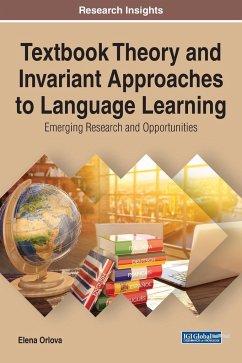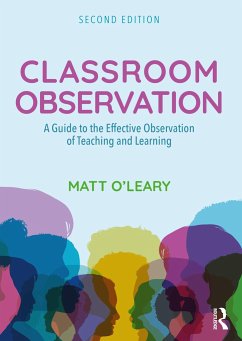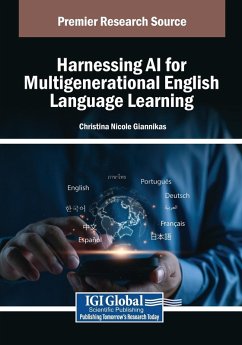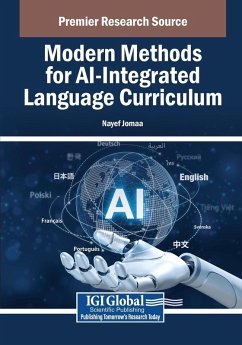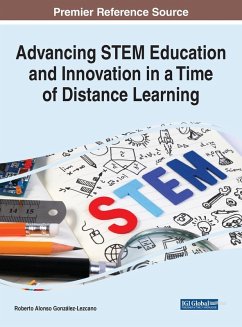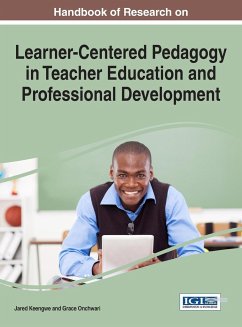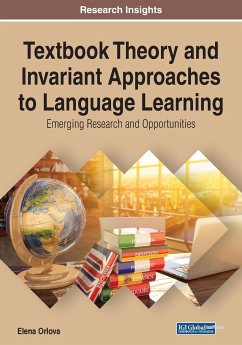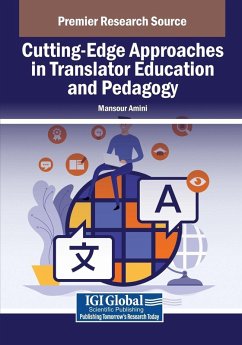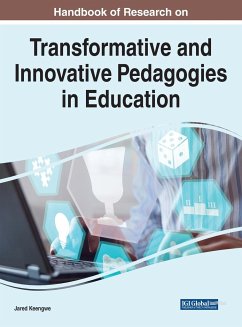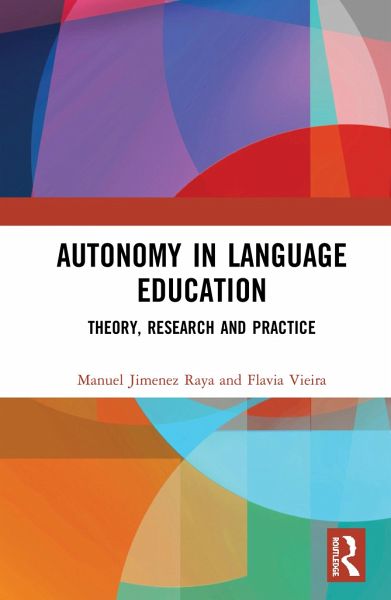
Autonomy in Language Education
Theory, Research and Practice
Versandkostenfrei!
Versandfertig in 6-10 Tagen
46,99 €
inkl. MwSt.

PAYBACK Punkte
23 °P sammeln!
Autonomy in Language Education offers a holistic overview of and novel contribution to a complex and multifaceted, yet under-studied, field of inquiry that is transforming language pedagogy: It offers nineteen original chapters that critically analyze the impact of Henri Holec's seminal 1979 book Autonomy in Foreign Language Learning; unpack theoretical, empirical, conceptual, methodological, ethical, and political developments over the last forty years from many perspectives; explore practical implications for teaching, learning, and teacher education; and suggest future avenues and challenge...
Autonomy in Language Education offers a holistic overview of and novel contribution to a complex and multifaceted, yet under-studied, field of inquiry that is transforming language pedagogy: It offers nineteen original chapters that critically analyze the impact of Henri Holec's seminal 1979 book Autonomy in Foreign Language Learning; unpack theoretical, empirical, conceptual, methodological, ethical, and political developments over the last forty years from many perspectives; explore practical implications for teaching, learning, and teacher education; and suggest future avenues and challenges for research and practice in this broad, diverse, essential field.





